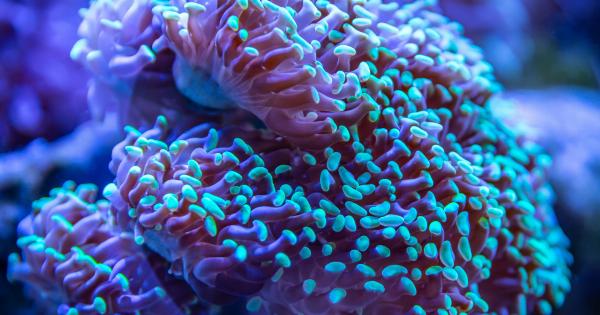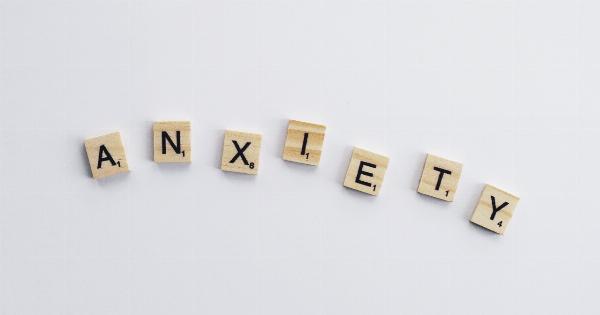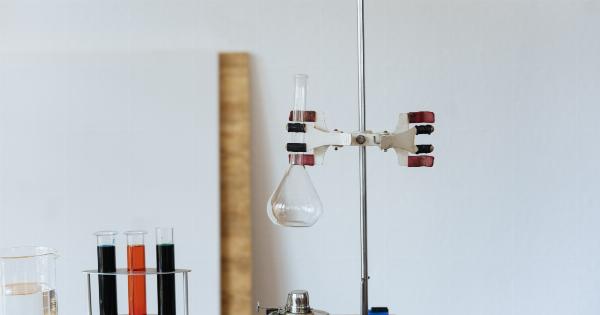Headaches are a common ailment that can range from mildly inconvenient to debilitating. There are numerous triggers for headaches, including stress, hormonal changes, dehydration, and even certain foods.
One food item that has been increasingly linked to headaches is salt.
The Role of Salt in the Body
Salt, also known as sodium chloride, is an essential mineral that plays a vital role in maintaining the balance of fluids and electrolytes in our bodies.
It is involved in various physiological processes, such as muscle contraction, nerve function, and regulating blood pressure.
Salt and Blood Pressure
One of the reasons why salt has gained attention in relation to headaches is its impact on blood pressure. Consuming too much salt can lead to an increase in blood pressure levels.
High blood pressure is a known risk factor for various health issues, including cardiovascular diseases.
Studies and Research
Several studies have explored the potential connection between salt intake and headaches.
A study published in the BMJ (formerly known as British Medical Journal) found that reducing salt intake resulted in a significant decrease in the frequency and severity of headaches, particularly migraines.
Another study conducted at the Johns Hopkins University School of Medicine found a correlation between a high-salt diet and an increased risk of developing chronic headaches.
The researchers suggested that excessive salt consumption may trigger changes in the brain and blood vessels, leading to headaches.
Salt Triggers and Sensitivities
While the exact reasons behind the connection between salt and headaches are not fully understood, some individuals may be more sensitive to the effects of salt.
Certain people may have a genetic predisposition that makes them more susceptible to the negative impact of sodium on headaches.
In addition to salt sensitivity, certain types of headaches, such as migraines, have shown to be triggered by specific dietary factors.
These triggers can vary from person to person, but common culprits include foods that contain nitrates, monosodium glutamate (MSG), and tyramine. Salt is often found in these food items and may contribute to triggering headaches in susceptible individuals.
Dehydration and Electrolyte Imbalance
Another reason why excessive salt intake may lead to headaches is its association with dehydration. When we consume too much salt without sufficient water intake, our bodies become dehydrated.
Dehydration can cause blood vessels in the brain to constrict, potentially leading to headaches.
In addition to dehydration, excess salt intake can disrupt the balance of electrolytes in the body. Electrolytes play a crucial role in nerve signaling and muscle function.
Imbalances in electrolyte levels, such as sodium and potassium, can trigger headaches.
Reducing Salt Intake to Manage Headaches
If you frequently experience headaches and suspect that salt may be a trigger for you, it may be worth considering reducing your salt intake. Here are a few tips to help you achieve this:.
- Read food labels: Pay attention to the sodium content listed on food labels and choose low-sodium or sodium-free options whenever possible.
- Cook at home: Preparing meals at home gives you greater control over the ingredients and salt content in your dishes.
- Season with herbs and spices: Experiment with using herbs, spices, and other flavorings to enhance the taste of your meals instead of relying on salt.
- Limit processed and packaged foods: Many processed and packaged foods are high in sodium. Opt for fresh, whole foods whenever possible.
Conclusion
While more research is needed to fully understand the relationship between salt and headaches, there is evidence to suggest that excessive salt intake may contribute to headaches, particularly migraines.
Individuals who are prone to headaches may benefit from reducing their salt intake and exploring other dietary triggers. Maintaining a balanced diet and staying adequately hydrated are key factors in preventing and managing headaches.





























